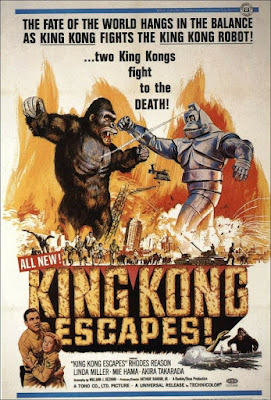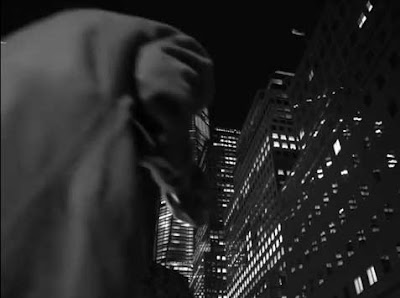As Valerie Martin's "Mary Reilly" allowed us to see Jekyll's strange going-ons through his maid's eyes, Paul McGuigan's "Victor Frankenstein" presents the mad genius' tale through his spry assistant's.
In this version of Mary Shelley's chilling story, Daniel "Harry Potter" Radcliffe portrays the aliased Igor Strausman, a deformed circus clown and amateur doctor, whom Frankenstein physically fixes and then employs. Igor isn't by any means Lugosi's legendary Ygor from "Son/Ghost of Frankenstein", nor is he a variation of Dwight Frye's Fritz from James Whales original, though he occasionally insinuates the two. If anything, he's an impression of Michael Gwynn's unfortunate, physically transformed character in Terence Fisher's "Revenge of Frankenstein", though without the cannibalistic cravings.
James McAvoy plays the scientific necromancer. His Frankenstein isn't quite as conscientious as Colin Clive's, but neither as incorrigible as Peter Cushing's Baron. Perhaps he's most like Kenneth Branagh's Victor, but why try to pigeonhole the chap. McAvoy makes his Frankenstein his own, though with a hyper Xavier strand which will likely please "X-Men" fans.
Frankenstein wishes to bestow eternal life upon the world, or at least as close to such as he can muster. Max Landis' screenplay bolsters that intent. As in previous incarnations, Frankenstein indulges in experimentation, with Igor's help, of course, and his assistant's reaction to the waking of dead flesh sways between glee and panic: the latter represented by a modified chimp's resurrection. Still, Igor remains faithful to his benefactor as they take the fugitive route, their relationship cheerful and sometimes comedic, at least until Frankenstein decides to build a man.
Guillaume Delaunay and Spencer Wilding occupy that essential spot, though the primary Monster (aka, Prometheus) remains more a phantom than an actual entity throughout much of the plot. Still, once he's revealed, he's a staggering sight to behold: patched, bolted and hulking (and at this point, not included in publicity stills). Too bad he doesn't enter the story sooner; for an extrapolation of his character would have proven quite fascinating. Even so, the giant's significance can't be denied and represents Frankenstein's guilt for the loss of his brother, Henry, though the creature's construction has equal, if not greater, impact on the bewildered Igor, whose conscience eventually gets the best of him.
Other folks are also impacted (whether directly or indirectly) by Frankenstein's zeal, such as trapeze queen Lorelei (this version's would-be Elizabeth, though more to Igor than Victor; and played with refined grace by Jessica Brown Findley). There's also the righteous Scotland Yard inspector, Roderick Turpin (played with pious conviction by "Spectre'"s Andrew Scott) and a conniving college chum called Finnegan (played by the flamboyant Freddie Fox). Frankenstein's father (the sophisticated Charles Dance) enters briefly to accentuate his son's overcompensating drive.
Beyond that, McGuigan/Landis' retelling remains old fashioned (i.e., relegated to the British Industrial Age), with steampunk machinery, flaring electricity, and that famous "It's alive" utterance. These familiar furnishings were obviously added as a safety net in case the film veered too off course, but fear not: "Victor Frankenstein" is nowhere near as extrapolated as the superheroic "I, Frankenstein", let alone that ol' groovy, cult favorite "Frankenstein Meets the Space Monster". Its roots remain primarily planted in Universal and Hammer stylizations.
This may not be enough to appease all aficionados, but if you love Shelley's tale, if you fancy it no matter how many times it's been retold, regardless of the many twists filmmakers have forced upon it, you'll eagerly leap into this one and because of its content, likely enjoy it.
"Victor Frankenstein", as with prior takes, warns us to keep our ambitions in check, to take responsibility for them when they go astray. In this instance, it's Igor who learns the brunt of that harsh lesson, but then as the filmmakers intended, his eyes are our eyes, once more experiencing a fable that, like our essential moral compass, will always require revisited contemplation.




















































